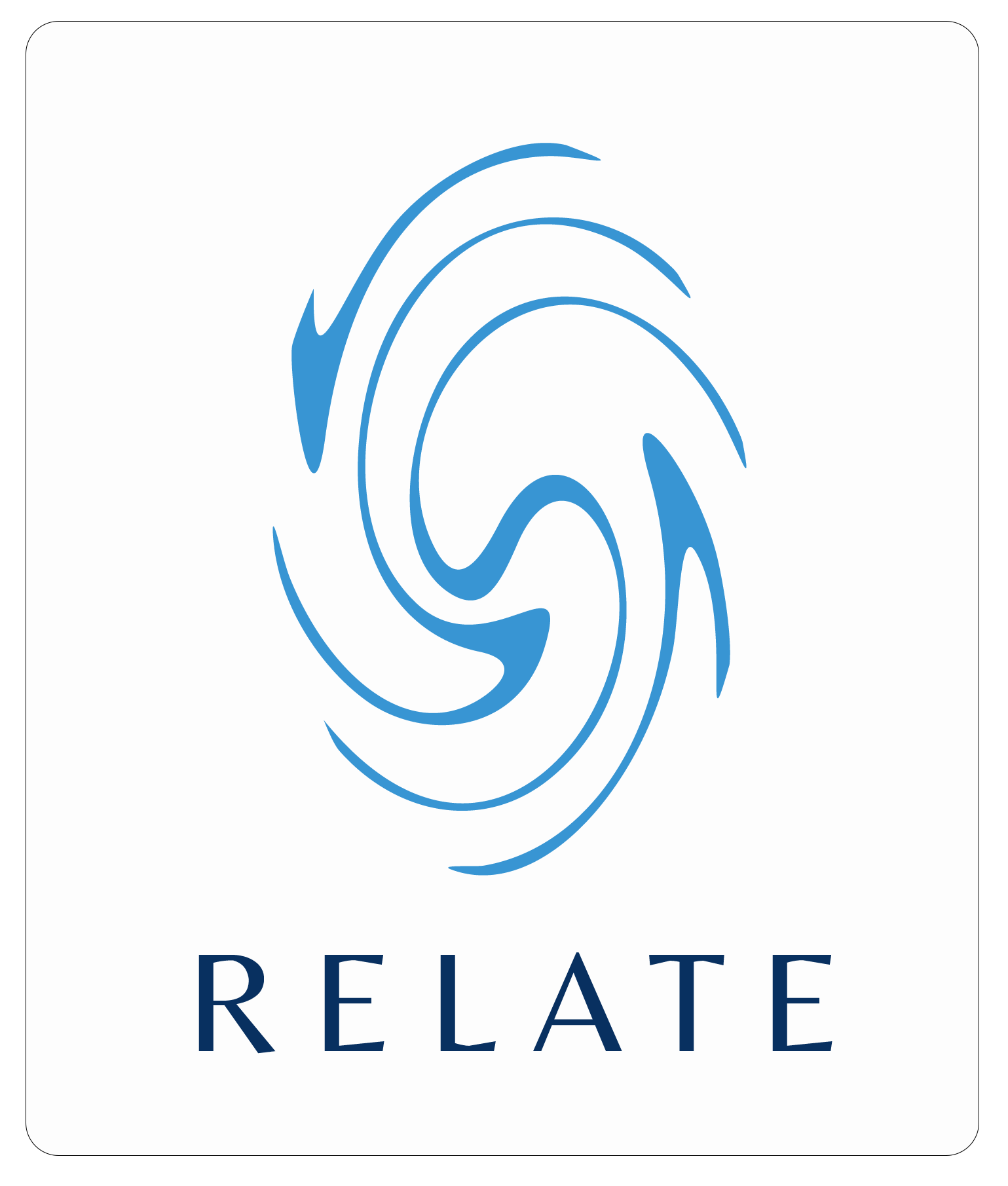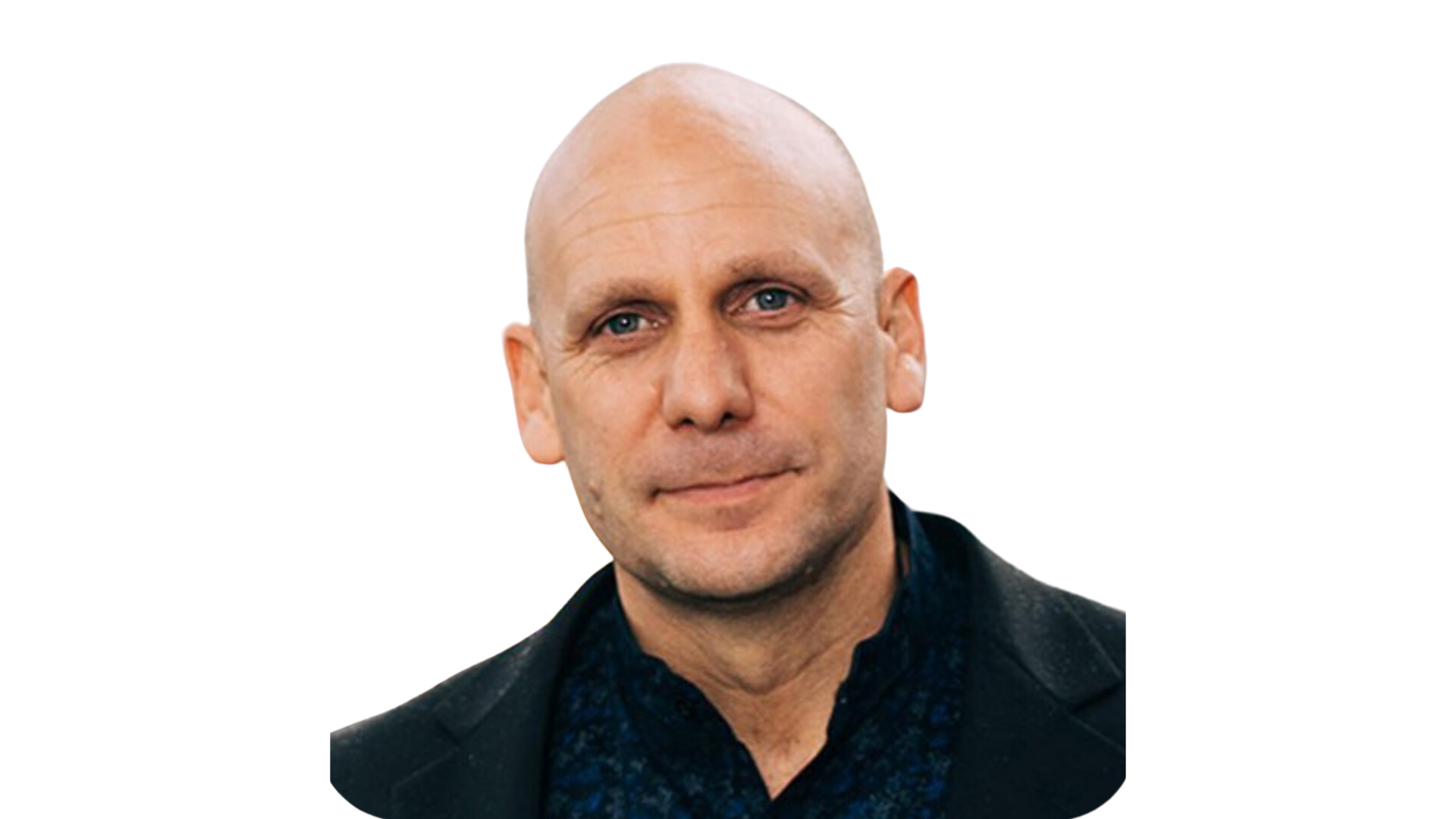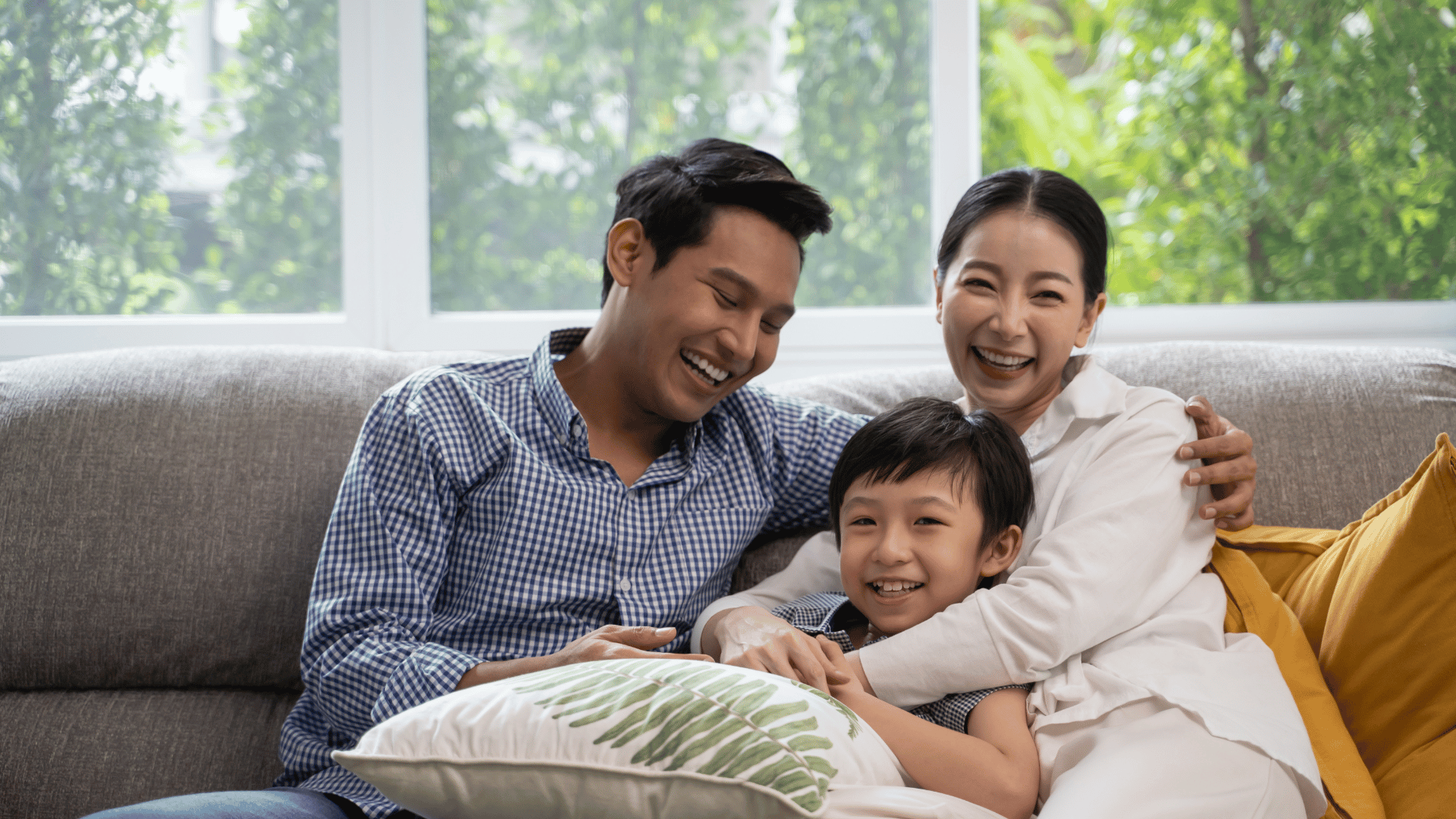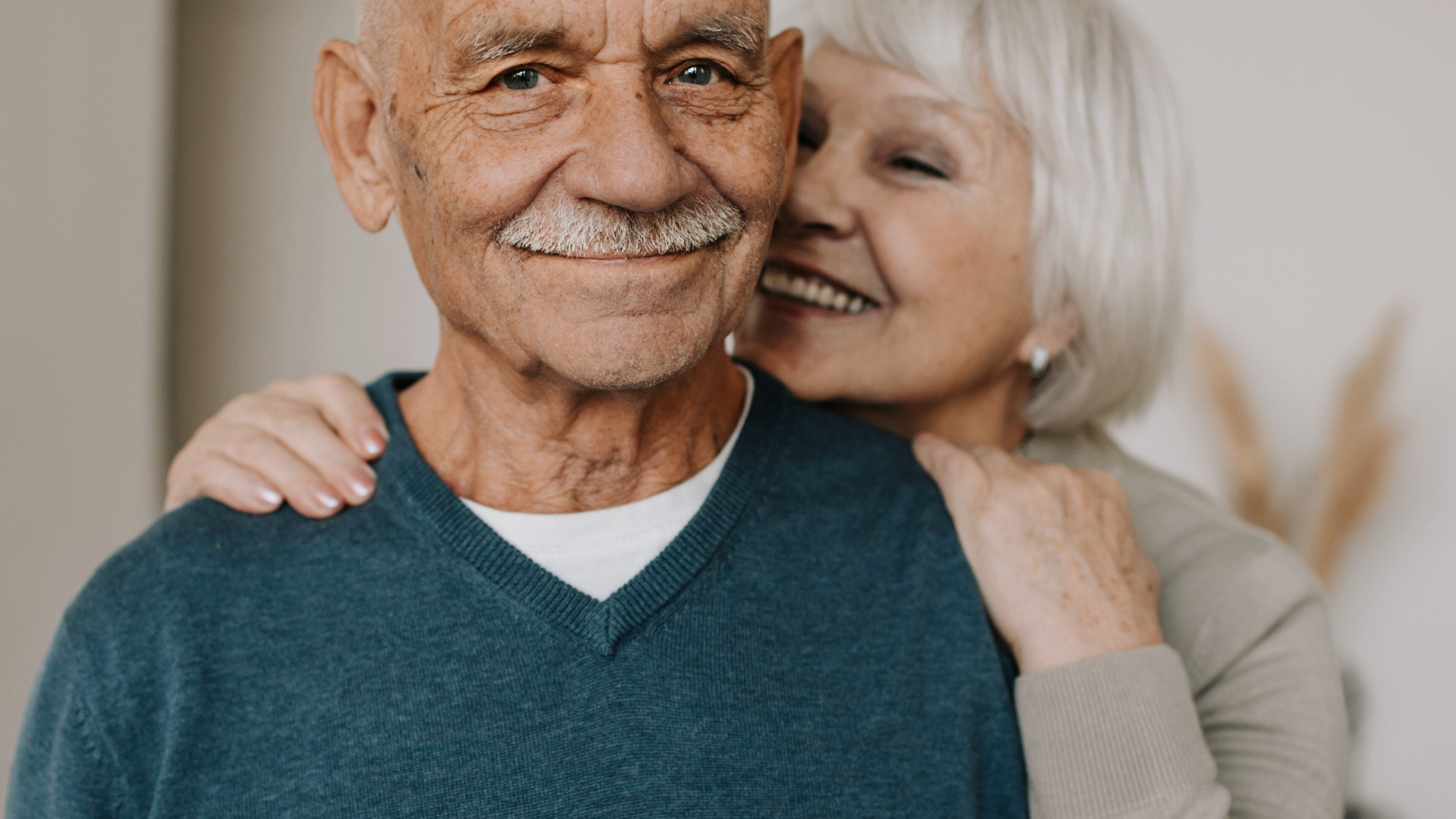Book an Appointment
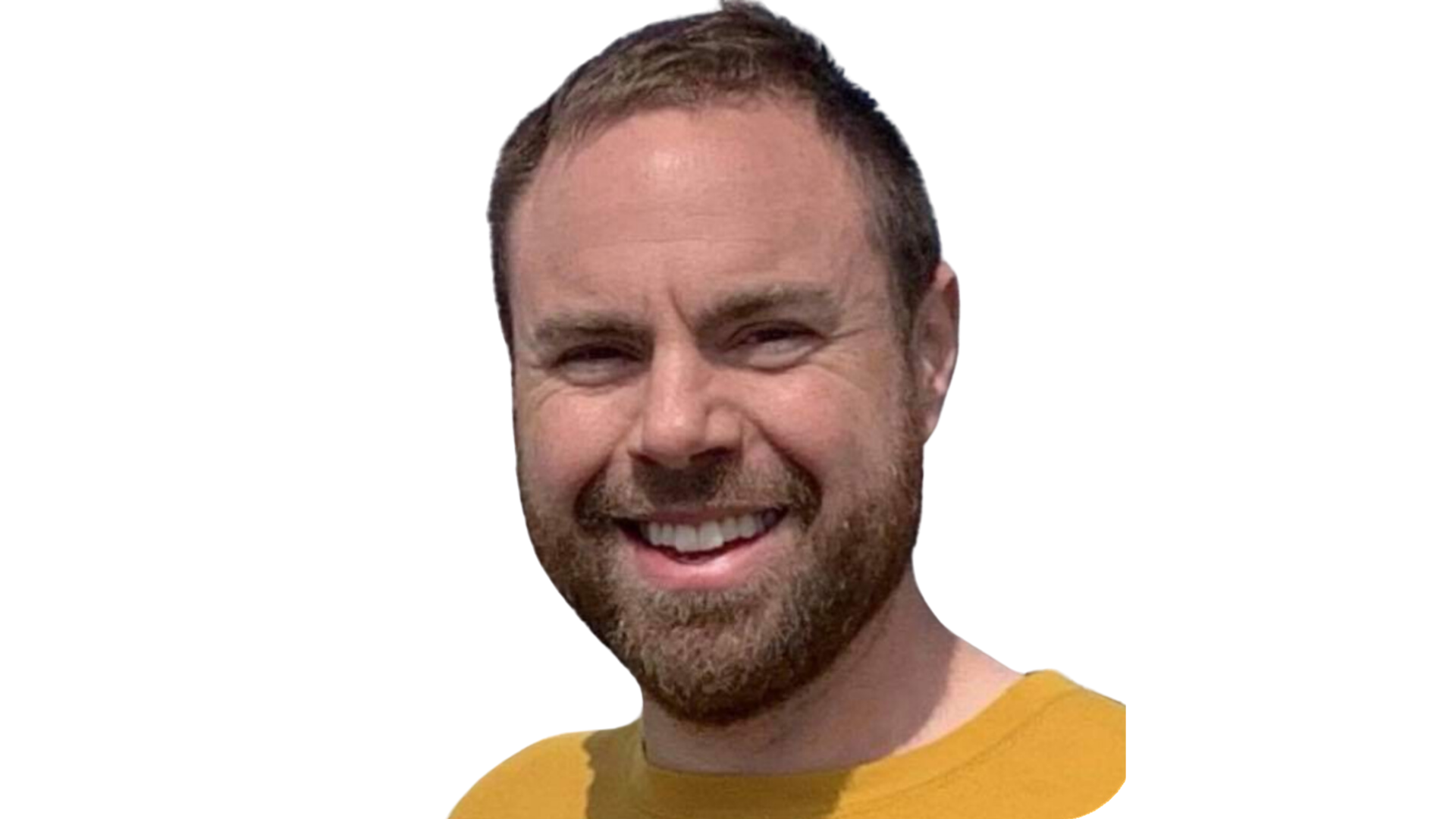
Pre-Therapy Consult
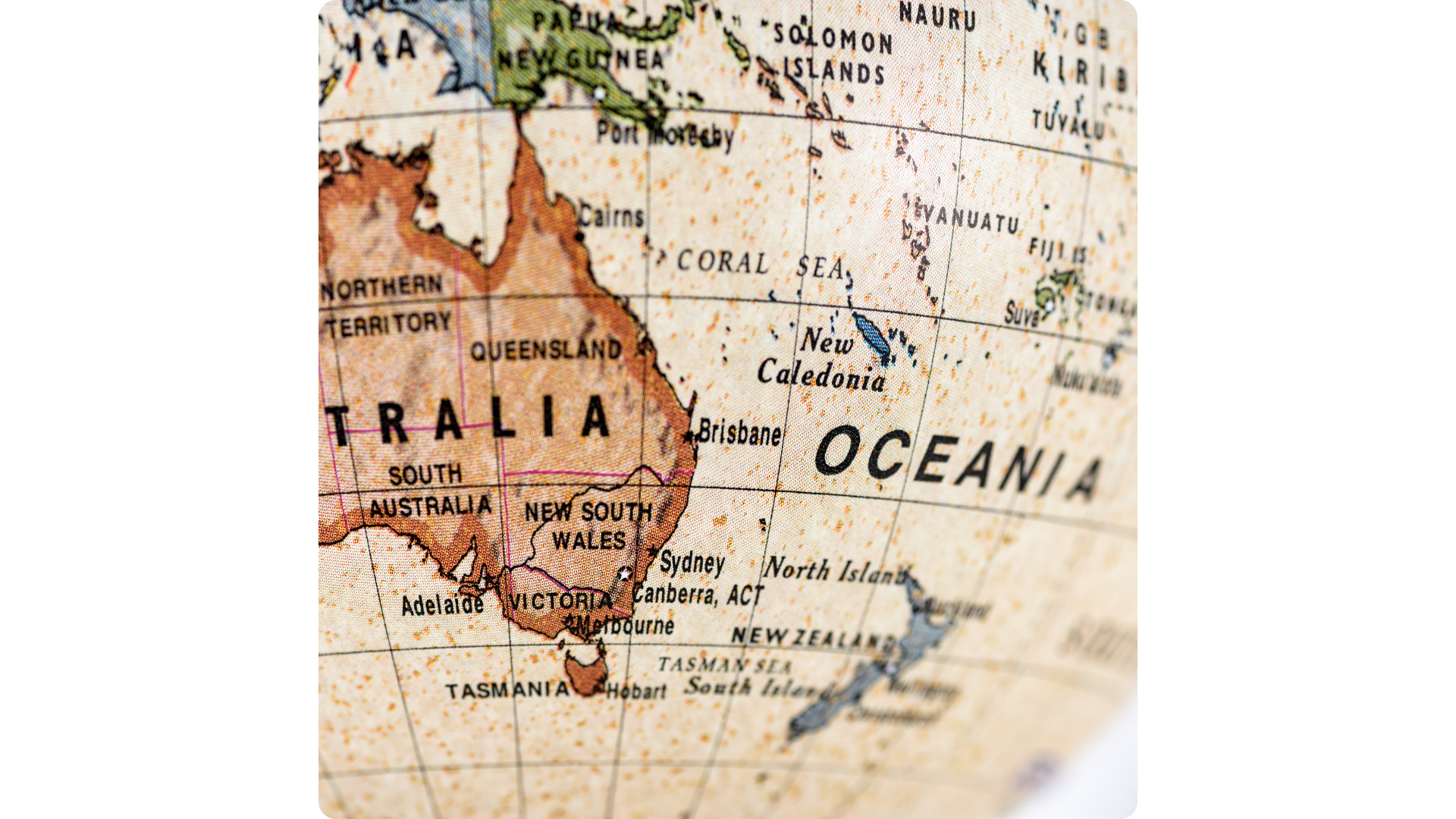
Our Team of Experts
How to choose the right relationship counsellor for you
So you have decided to see a marriage therapist or couples counsellor and now you are wondering how do you know who to choose?
Here are 3 handy research-based tips on how to choose the best counsellor for you.
Choose a Relationship Counsellor You Feel Comfortable With
Research indicates that about a third of effectiveness in therapy is directly related to how comfortable you feel with your couples therapist.
Now obviously you haven’t met any of our relationship therapists yet and you are just looking online. It is useful to remember that your comfort levels with others, including a counsellor, are determined by your younger brain, which is both visual and intuitive. For this reason a picture is often handy as it can give you a feel for a person.
If you are coming as a couple it is important to find a relationship therapist you are both comfortable with (or at least not aversive too). If one person in the relationship is pretty skeptical about therapy I normally recommend choosing a counsellor of the same gender unless they have a strong alternative preference.
A Relationship Counsellor Needs to Know What They Are Doing
The same research into couples therapy indicated the another third of effectiveness is related to the therapist’s actual competence. With couples therapy this is really important as Christensen’s research indicates that untrained couples therapists have only 50% success rate – which is the same as couples trying to figure things out by themselves, and also about the same as the divorce rate.
Expert or specialist marriage counsellors have success rates above 80%. Why such a difference? It’s fairly simple, most training institutes include no training on how to work with couples or if they do, it’s theoretical training on outdated Systems Theory which was developed in the 1950’s.
Gottman’s research done in the 1980’s and 1990’s allows therapists to watch couples’ interactions and look for behaviours that we know predict divorce with over 90% accuracy.
So you are best looking for someone trained in Gottman Method Therapy, Emotionally Focussed Therapy, Imago Relationship Therapy, Psychophysiological Approach to Couple’s Therapy (PACT), Humanistic Existential Approach to Relationship Therapy (HEART), Presence Oriented Relationship Therapy (PORT) or the Developmental Approach to Couples Therapy. The first 3 are most well known the last 4 have strong integrative elements from the first 3.
Choosing someone without this training is simply a gamble, like getting a plumber to build your house – sure they are a tradie and they know houses, but… what they don’t know are the specific strategies shortcuts and pitfalls a builder does. The more fragile your relationship the more a specialist relationship counsellor is indicated. Also at a practical level, specialist relationship counsellors are normally passionate about the work which leads to the third tip.
A Relationship Counsellor Needs to Care
The final third of effectiveness of couples therapy, according to Eugene Gendlin, is related to the belief that your relationship counsellor or psychotherapist truly cares about you. Effective couples therapy requires you to be vulnerable with your partner and therapist and we simply don’t do this if we don’t feel cared for. So once you have someone that you feel comfortable with, and you know has specialist training, your job in the first session is to get a sense of if they care. As the Director of Relate this is literally my highest priority and endorsement of the team – skills can learnt – desire is innate.
